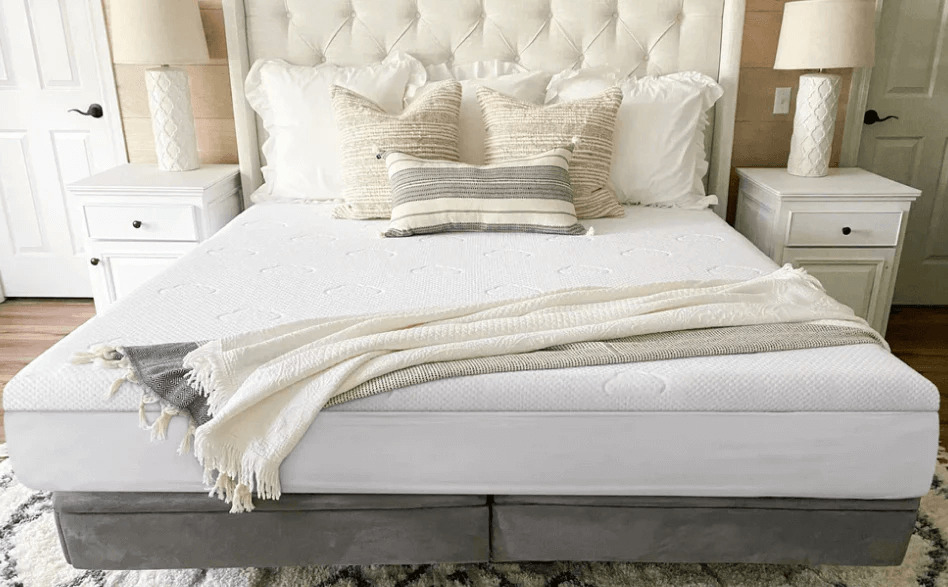Top Mattresses
Key Considerations When Buying a Mattress for Seniors

As we age, our sleep needs change, and finding the right mattress becomes increasingly important for maintaining overall health and well-being. Seniors often face unique challenges when it comes to sleep, including discomfort from age-related ailments such as arthritis, back pain, and mobility issues. Therefore, selecting the right mattress can significantly impact their quality of life. Here are some important points to consider when buying a mattress for seniors:
- Support and Comfort: One of the most crucial factors for seniors is finding a mattress that offers adequate support and comfort. Look for a mattress that contours to the body’s natural curves while providing enough support to keep the spine properly aligned. Memory foam and latex mattresses are popular choices as they conform to the body and relieve pressure points.
- Firmness Level: Seniors often prefer mattresses with medium to medium-firm firmness levels. A mattress that is too soft may cause seniors to sink too deeply, leading to discomfort and difficulty getting in and out of bed. Conversely, a mattress that is too firm may exacerbate existing pain points. Opting for a medium-firm mattress strikes a balance between support and comfort.
- Motion Isolation: Many seniors share their bed with a partner, and motion transfer can disrupt their sleep. A mattress with good motion isolation absorbs movement, preventing disturbances from transferring across the bed. Memory foam and hybrid mattresses typically excel in this regard, making them suitable choices for seniors who share a bed.
- Temperature Regulation: Maintaining a comfortable sleep temperature is essential for quality rest, especially for seniors who may experience fluctuations in body temperature. Look for mattresses with cooling features such as gel-infused foam or breathable materials that promote airflow and dissipate heat.
- Ease of Movement: Seniors with mobility issues may find it challenging to move in and out of bed. Consider a mattress height that facilitates easier access and egress. Adjustable beds or mattresses with a lower profile can be beneficial for seniors who require assistance or have limited mobility.
- Edge Support: Strong edge support ensures that seniors can sit or lie comfortably near the edge of the bed without feeling like they might roll off. This feature also makes getting in and out of bed easier and safer, especially for those who require assistance.
- Hypoallergenic Materials: Seniors with allergies or sensitivities may benefit from mattresses made with hypoallergenic materials such as natural latex or organic cotton. These materials are resistant to dust mites, mold, and other allergens, promoting a healthier sleep environment.
- Durability and Longevity: A mattress is an investment in long-term sleep quality, so it’s essential to choose one that is durable and built to last. Look for mattresses with high-quality materials and solid construction that can withstand the test of time.
- Trial Period and Warranty: Many mattress companies offer trial periods allowing customers to test the mattress at home and return it if it doesn’t meet their needs. Additionally, check the warranty to ensure adequate coverage for potential defects or issues that may arise over time.
- Budget: While quality sleep is invaluable, it’s essential to consider budgetary constraints when purchasing a mattress. Fortunately, there are options available at various price points, so seniors can find a mattress that meets their needs without breaking the bank.
In conclusion, selecting the right mattress for seniors involves considering factors such as support, comfort, motion isolation, temperature regulation, ease of movement, edge support, hypoallergenic materials, durability, warranty, and budget. By prioritizing these important points, seniors can enjoy restful and rejuvenating sleep, contributing to their overall health and well-being.



